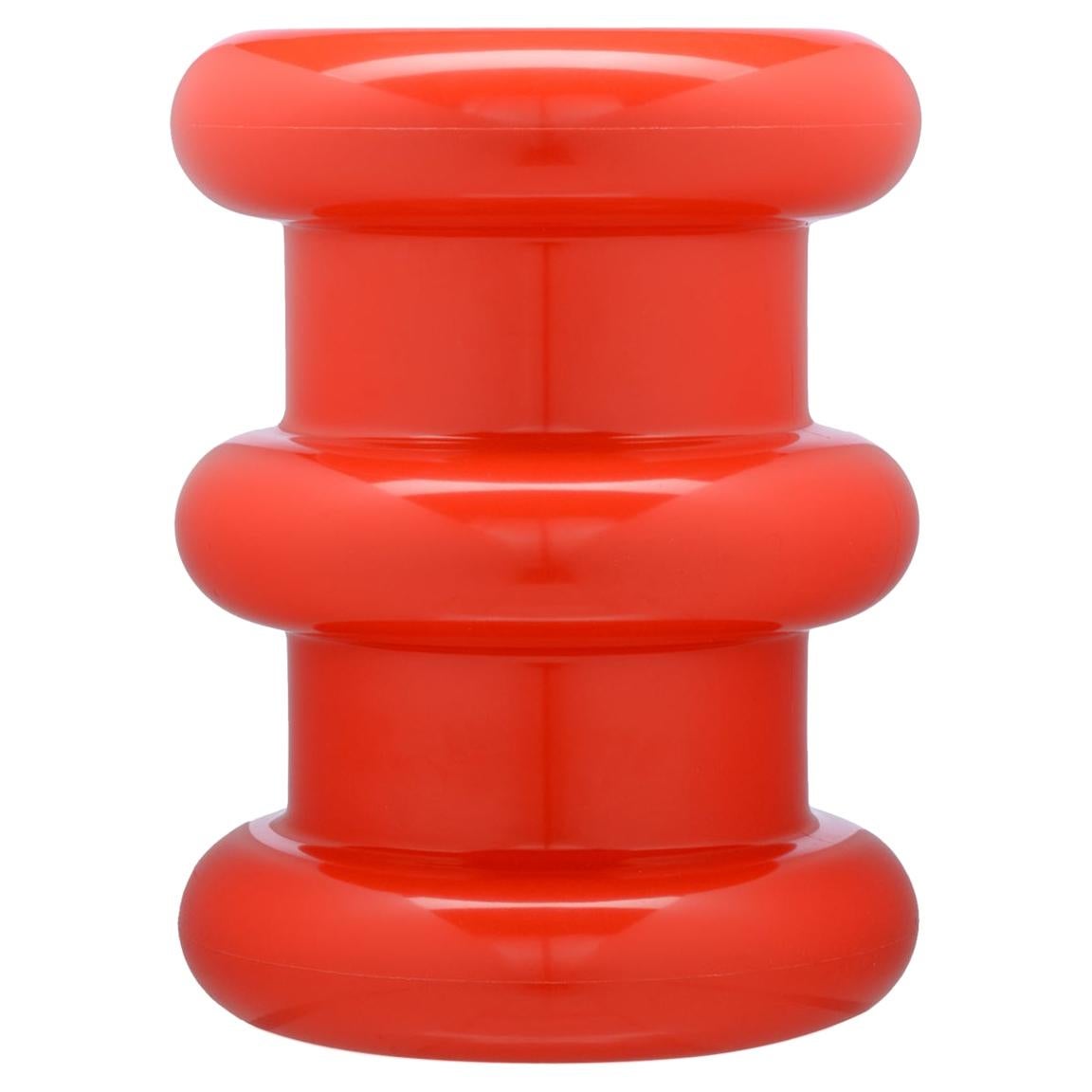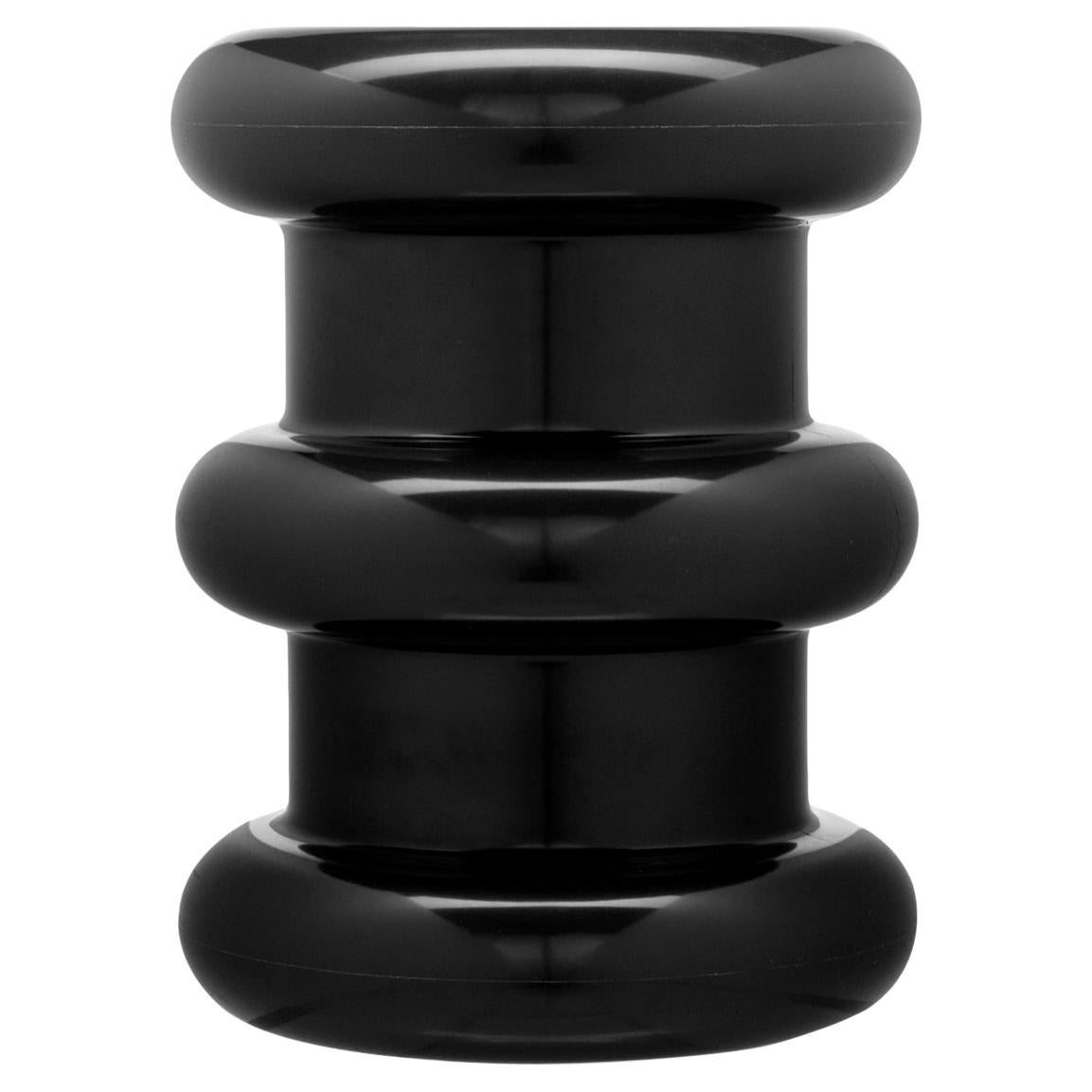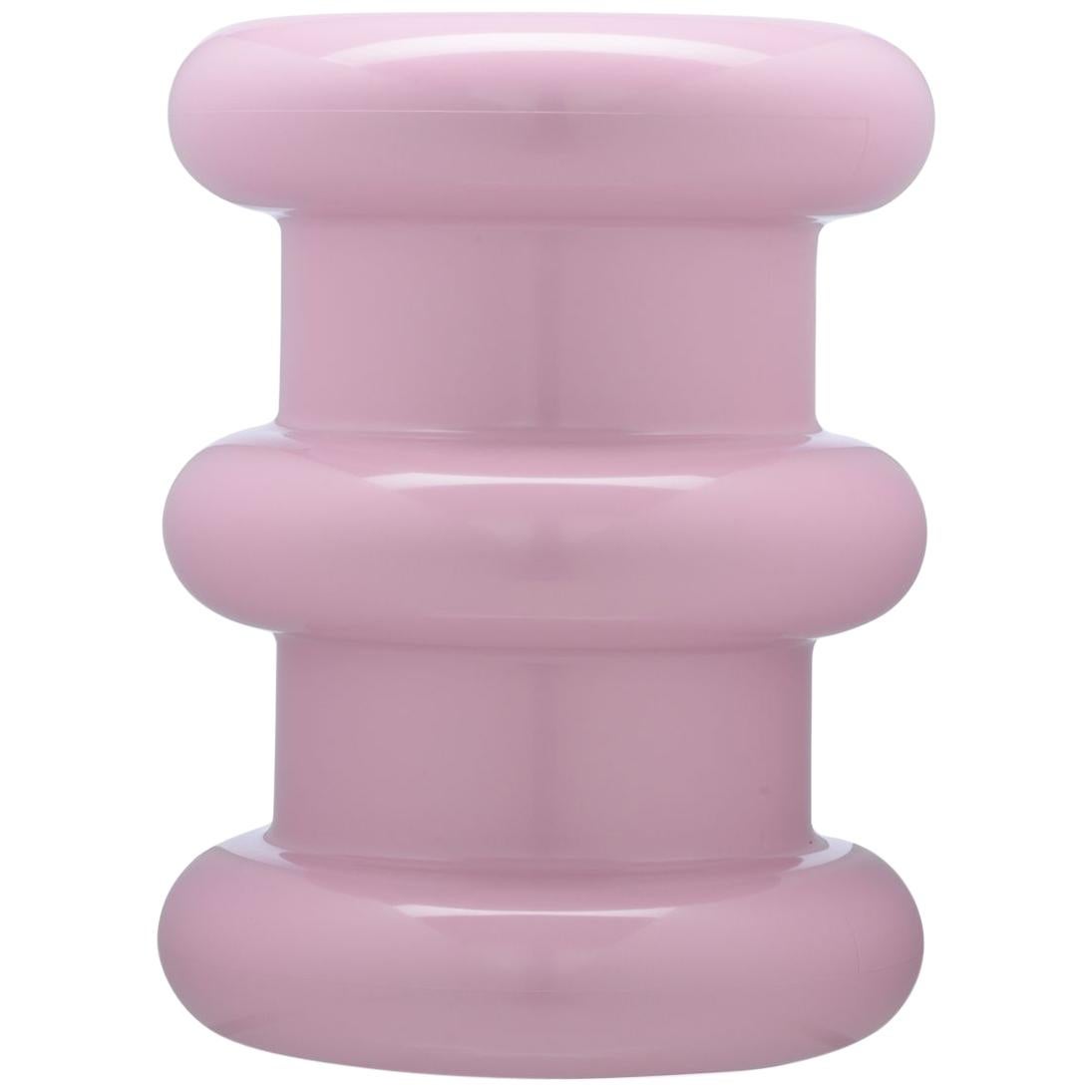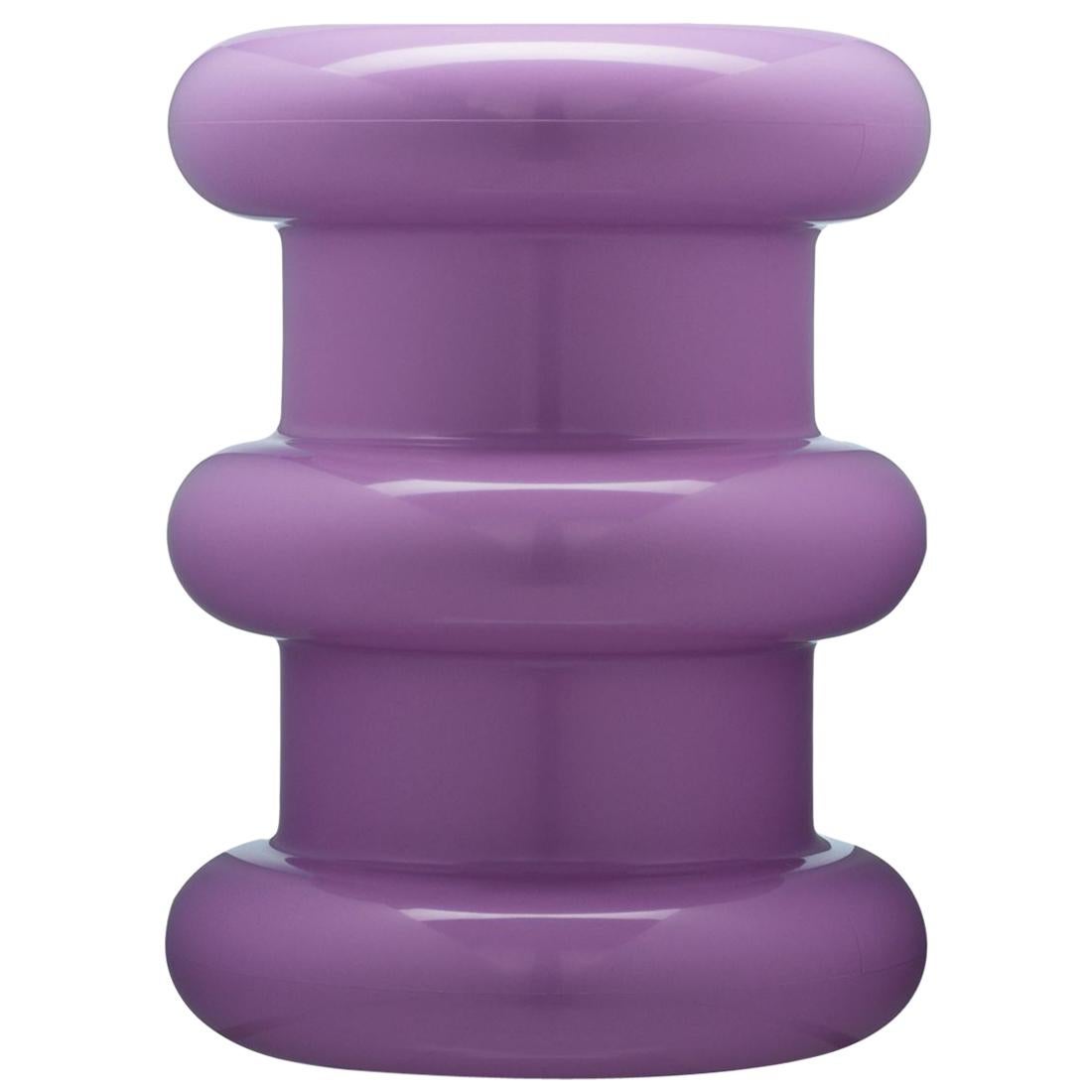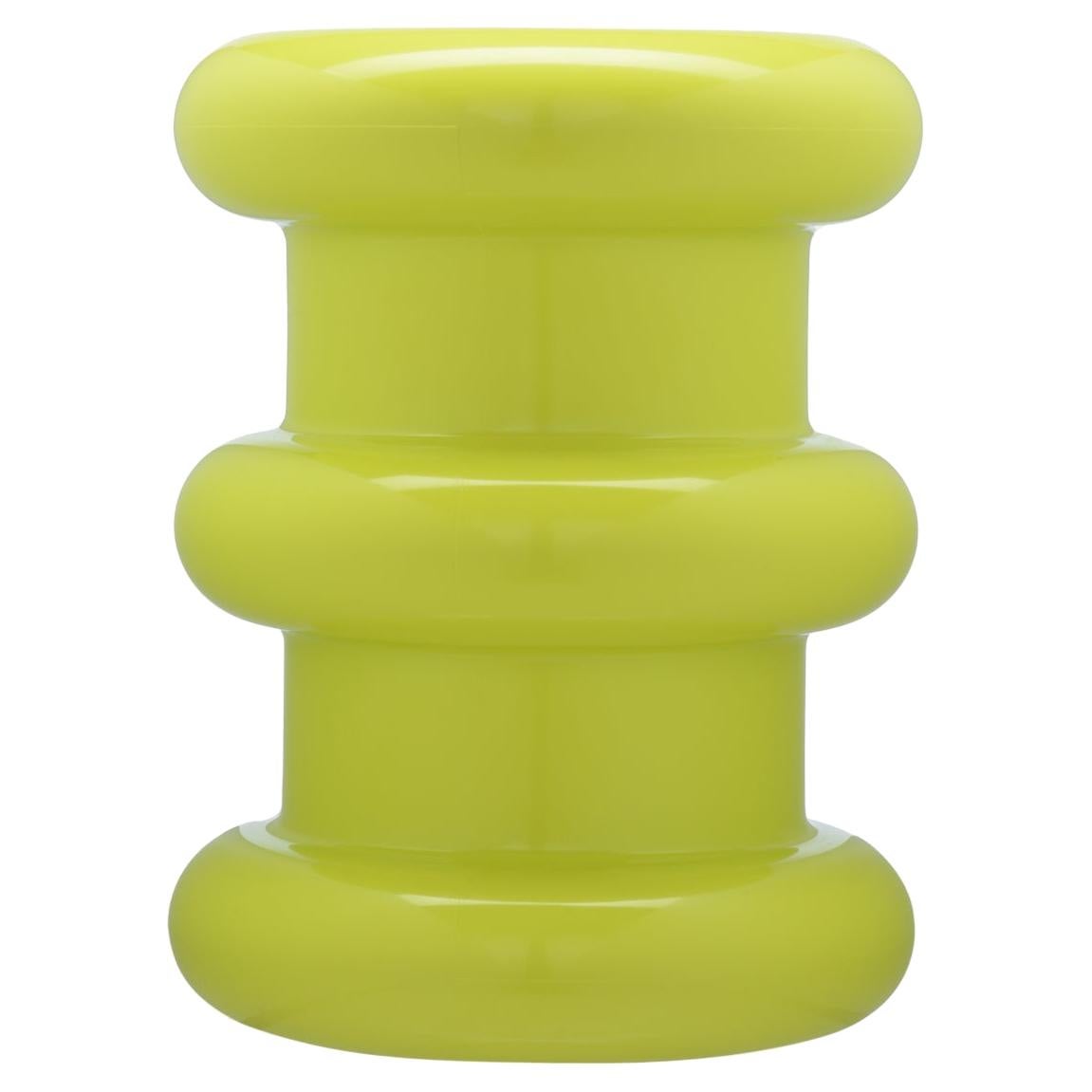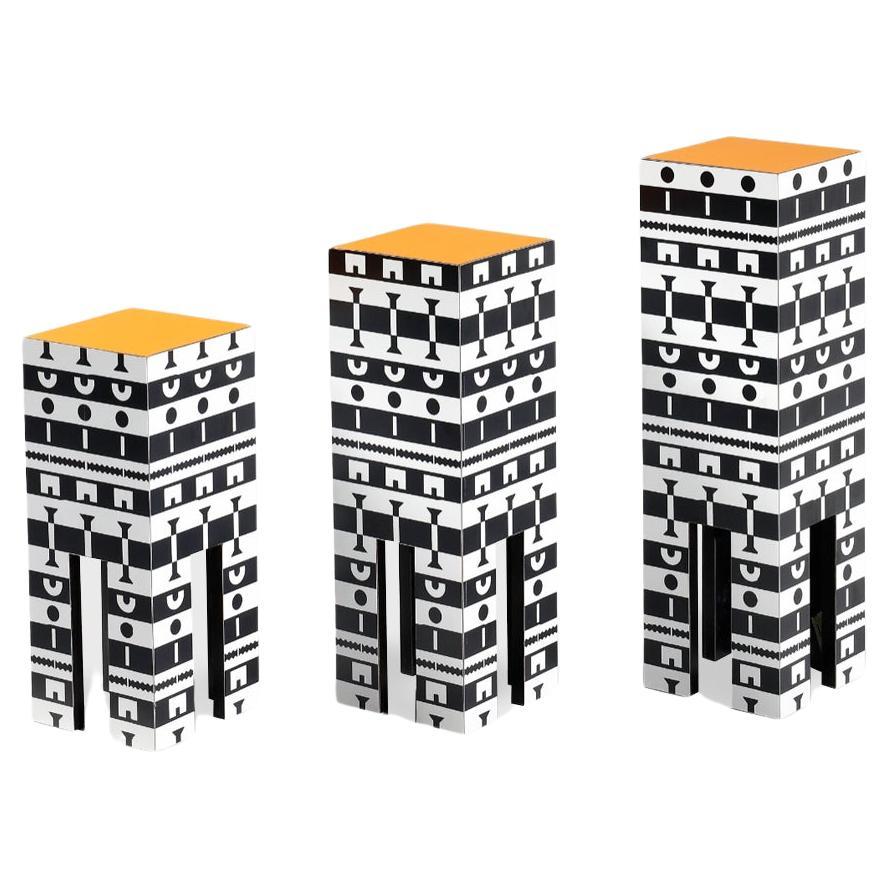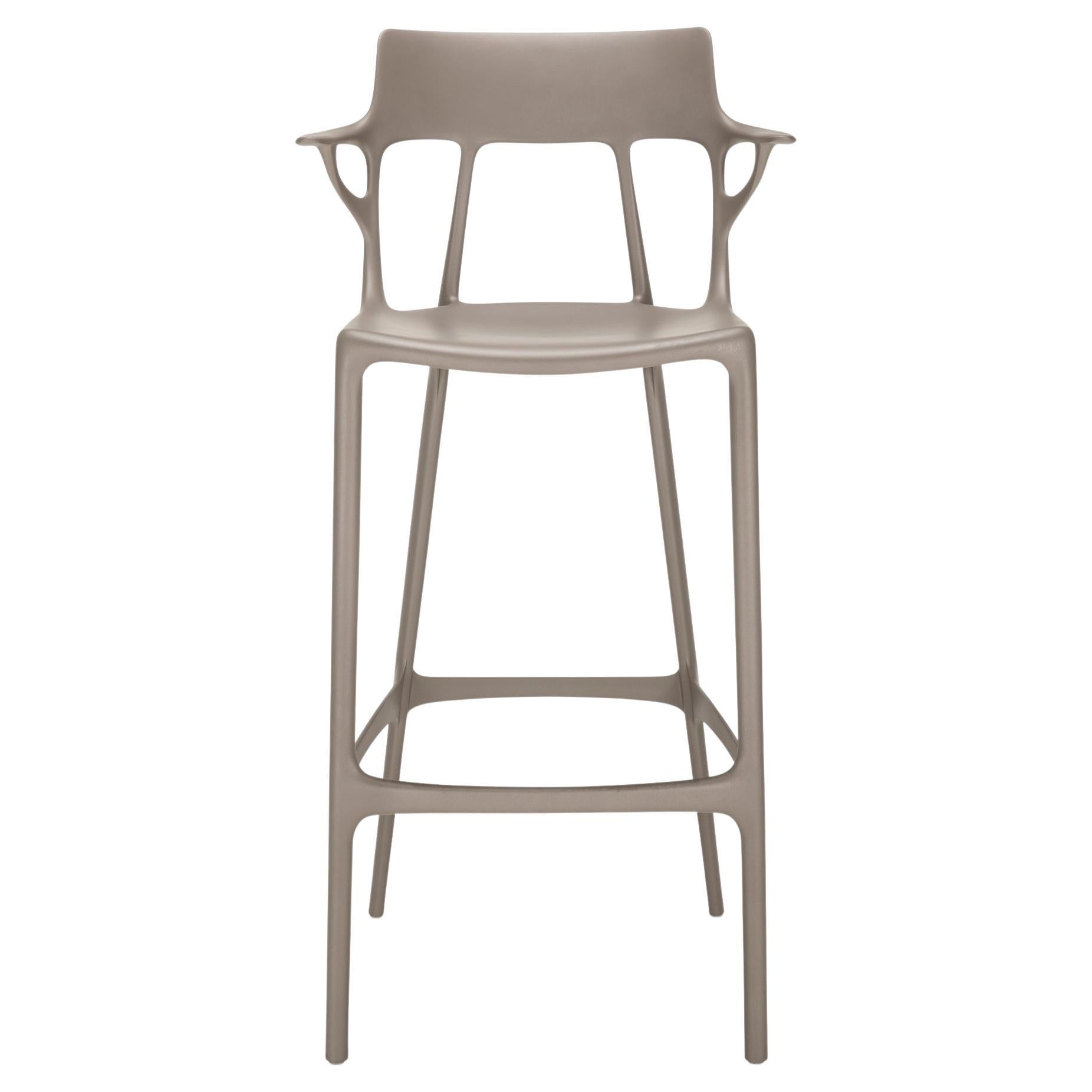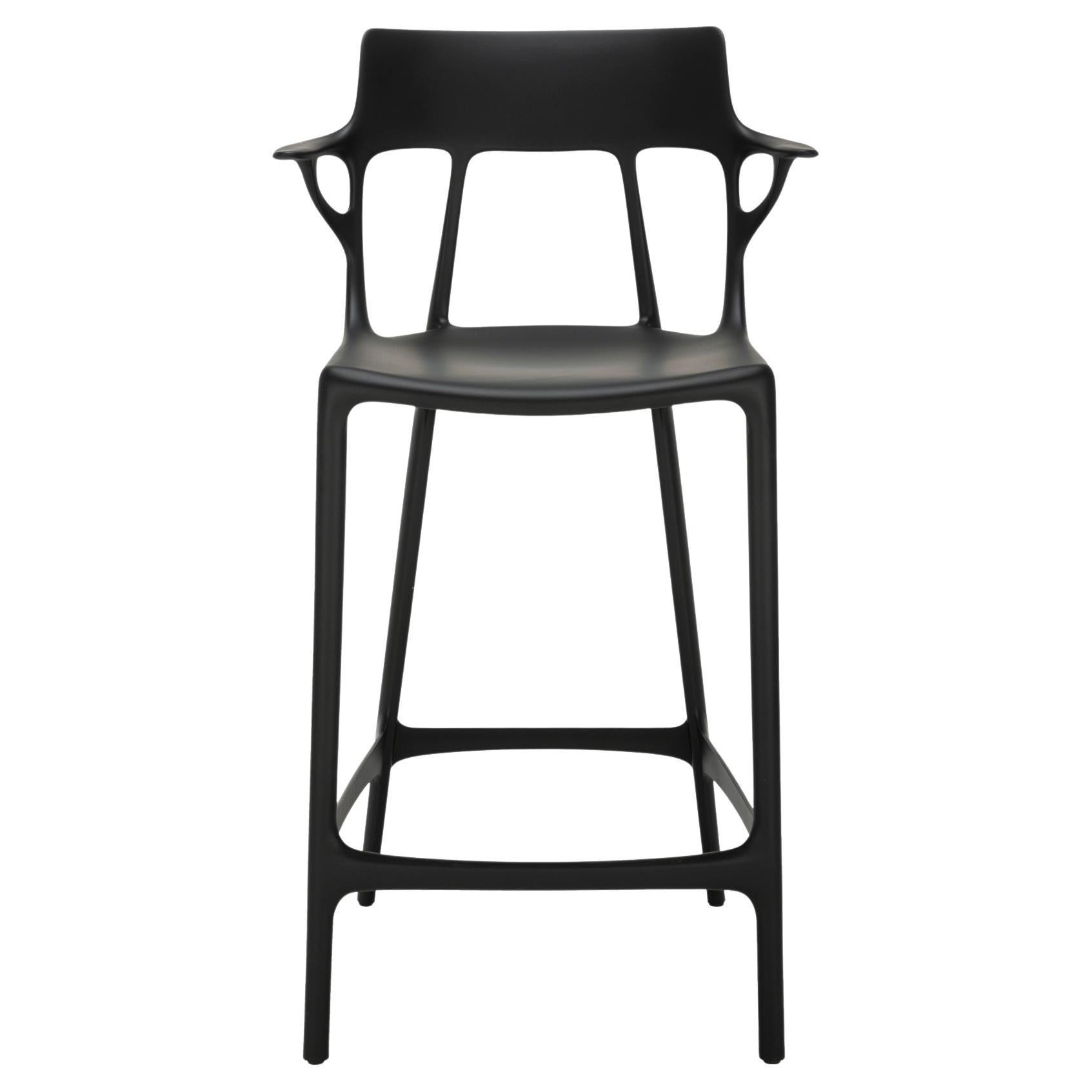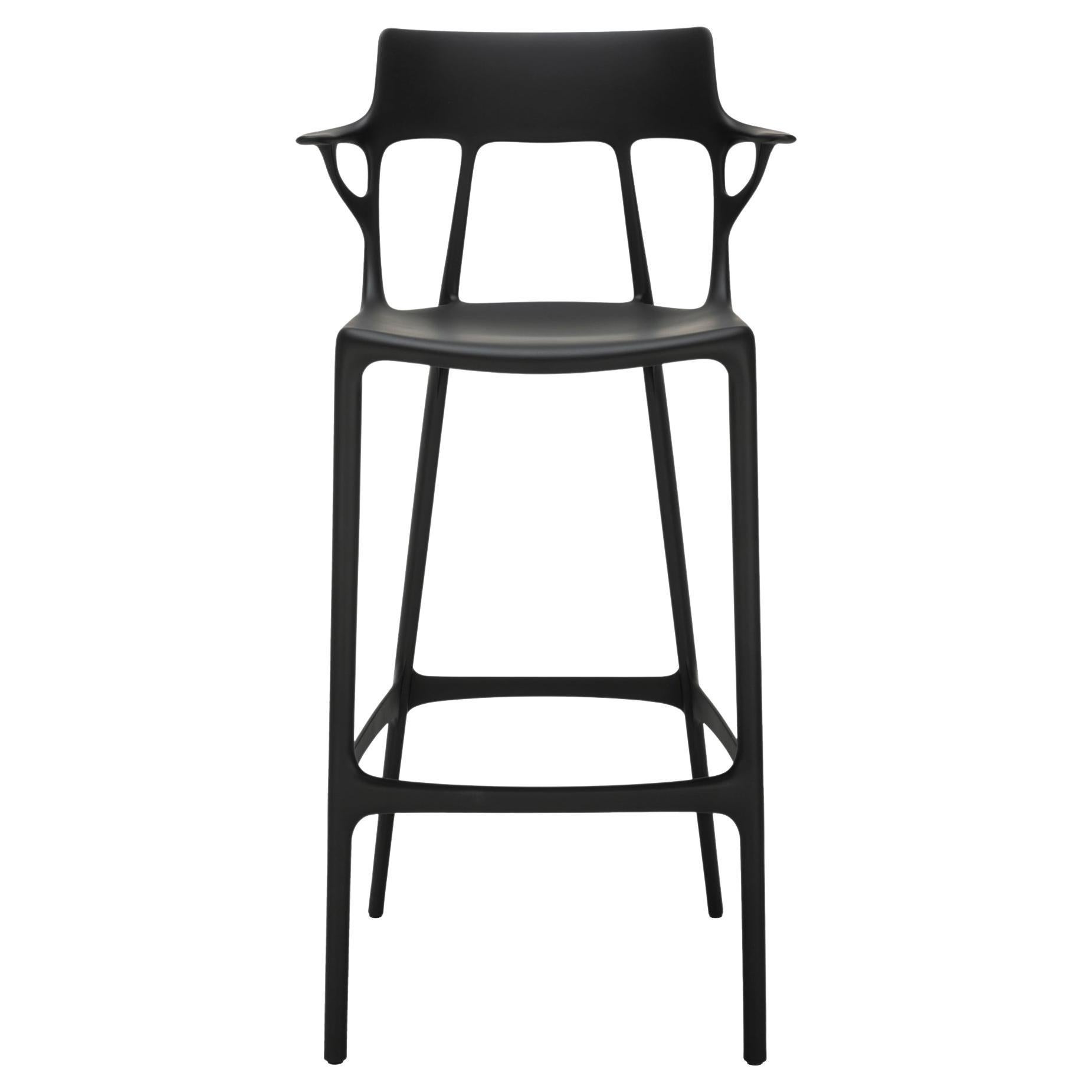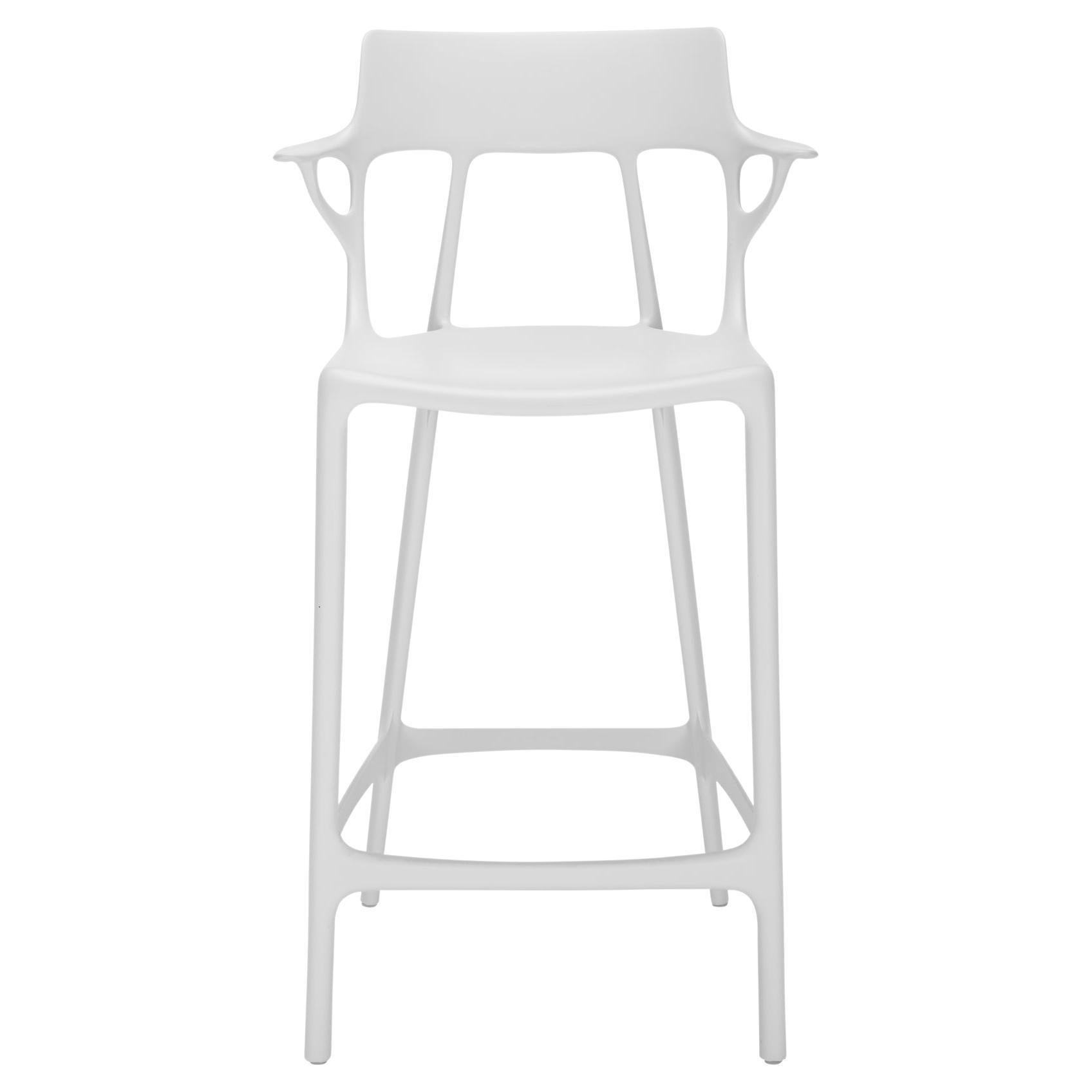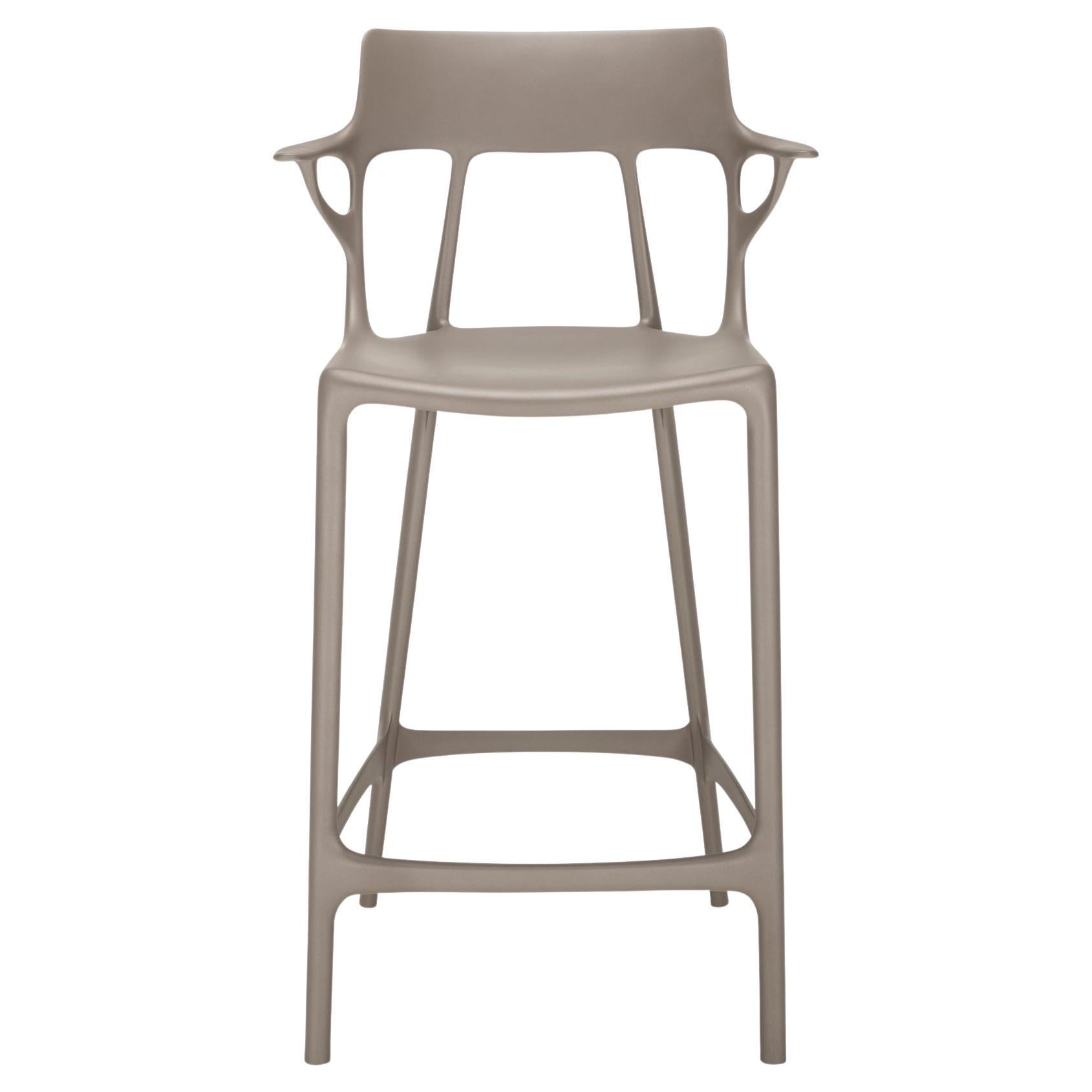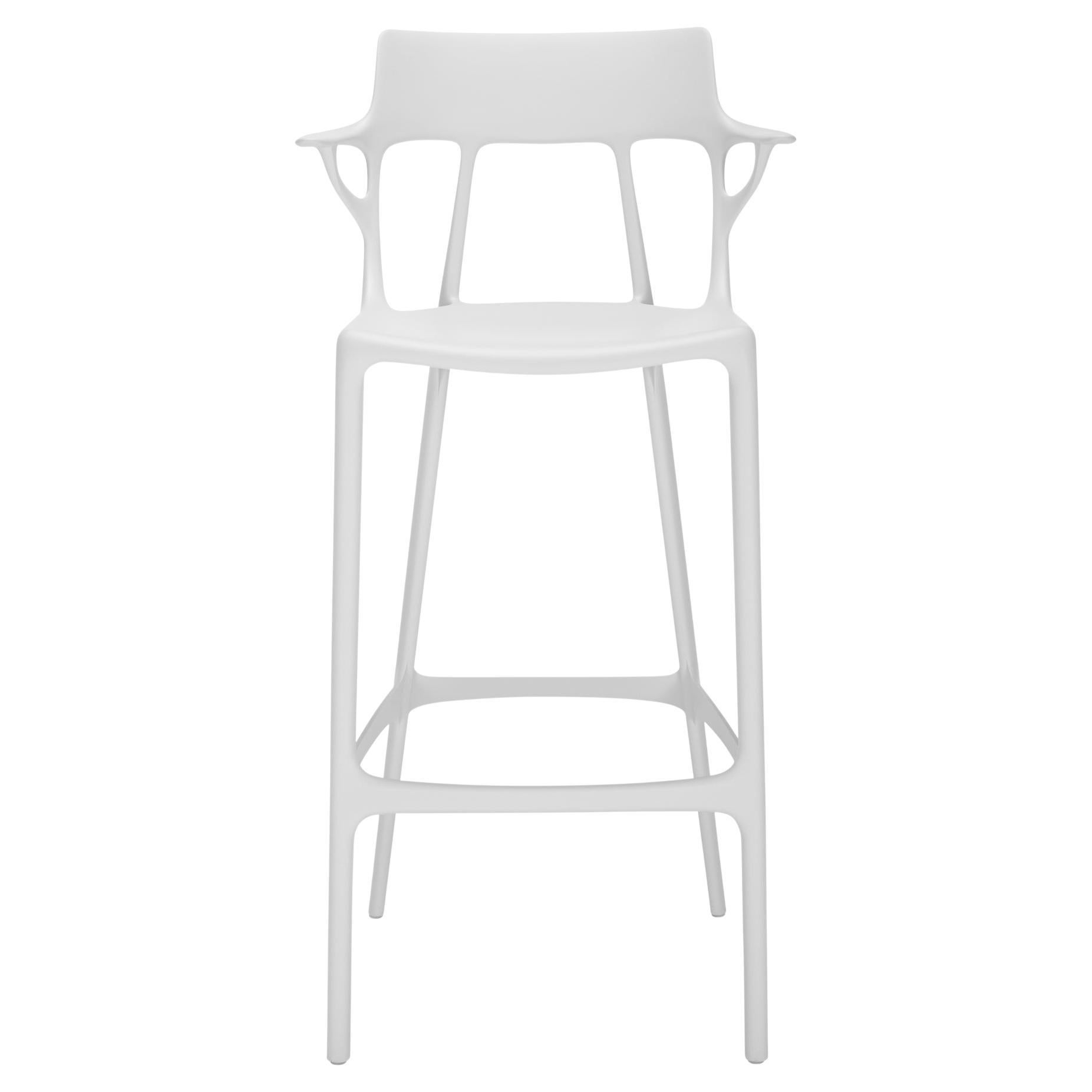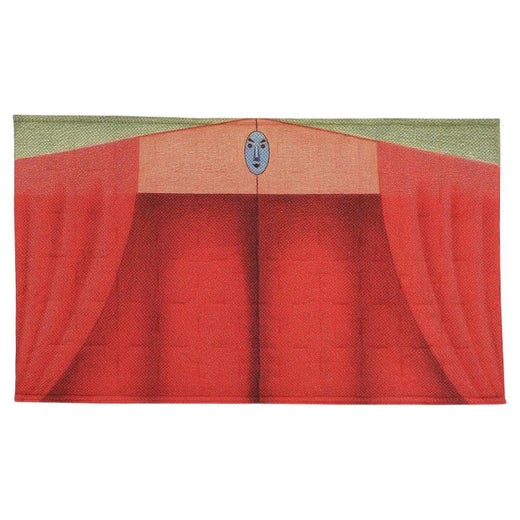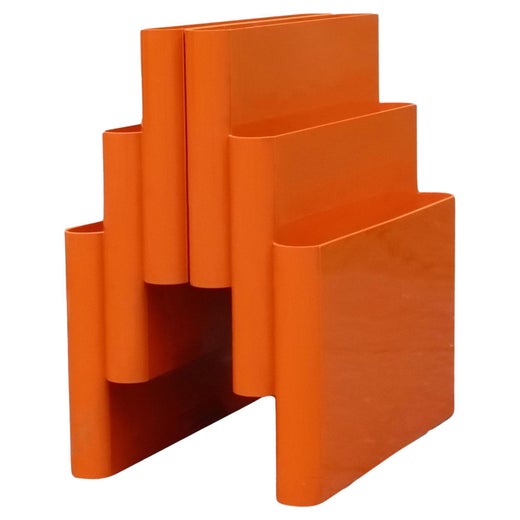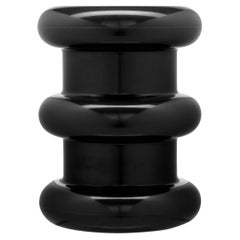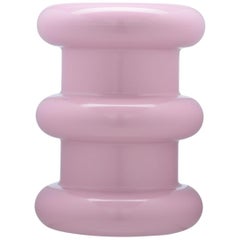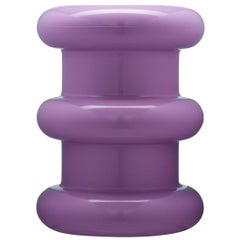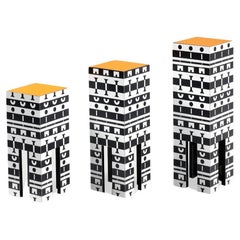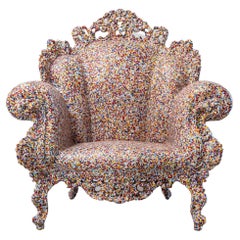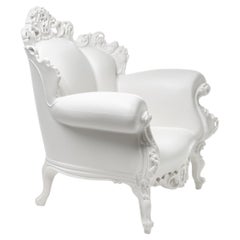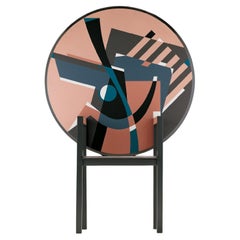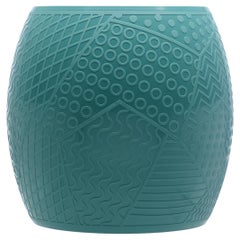
Kartell Roy Stool in Petroleum by Alessandro Mendini
View Similar Items
Kartell Roy Stool in Petroleum by Alessandro Mendini
About the Item
- Creator:Alessandro Mendini (Designer),Kartell (Manufacturer)
- Dimensions:Height: 16.93 in (43 cm)Diameter: 17.72 in (45 cm)
- Style:Modern (In the Style Of)
- Materials and Techniques:
- Place of Origin:
- Period:
- Date of Manufacture:Contemporary
- Production Type:New & Custom(Current Production)
- Estimated Production Time:2-3 weeks
- Condition:
- Seller Location:Brooklyn, NY
- Reference Number:Seller: 8854/ve1stDibs: LU4536228044742
Alessandro Mendini
Alessandro Mendini was born in Milan in 1931. Through his work as an architect, designer, journalist, theorist and publisher, Mendini helped establish the Italian design sensibility on a global scale with a particular focus on neo-modern, avant-garde design as well as the crossover between art, design and architecture.
Mendini’s influential work spanned the arenas of graphics, furniture, interiors, architecture, stage design, writing and painting. He graduated from the Polytechnic University of Milan in 1959, and he began his career at the studio of artist-designer Marcello Nizzoli. He went on to become the publisher of the popular magazines Casabella (1970–76), Modo and Domus (each 1979–85).
In 1979, Mendini joined Ettore Sottsass and Michele de Lucchi as a partner at Studio Alchimia, a harbinger of the Memphis Group before he cofounded Domus Academy in 1982. In 1989, he and his brother Francesco established their architectural practice, Atelier Mendini, in Milan, where he worked until his death in February 2019. In recognition of his outstanding body of work, Mendini was awarded the Compasso d’Oro twice, in 1979 and 1981. He was also honored by the Architectural League of New York, made Chevalier des Arts et Lettres in France, and, in 2014, he was awarded the European Prize for Architecture.
Mendini’s work is included in the permanent collections of the Metropolitan Museum and the Museum of Modern Art in New York and the Centre Pompidou in Paris, among others.
Find vintage Alessandro Mendini chairs, vases, table lamps and other furniture and decorative objects on 1stDibs.
(Biography provided by STUDIO CADMIUM)
Kartell
The Italian design giant Kartell transformed plastic from the stuff of humble household goods into a staple of luxury design in the 1960s. Founded in Milan by Italian chemical engineer Giulio Castelli (1920–2006) and his wife Anna Ferrieri (1918–2006), Kartell began as an industrial design firm, producing useful items like ski racks for automobiles and laboratory equipment designed to replace breakable glass with sturdy plastic. Even as companies like Olivetti and Vespa were making Italian design popular in the 1950s, typewriters and scooters were relatively costly, and Castelli and Ferrieri wanted to provide Italian consumers with affordable, stylish goods.
They launched a housewares division of Kartell in 1953, making lighting fixtures and kitchen tools and accessories from colorful molded plastic. Consumers in the postwar era were initially skeptical of plastic goods, but their affordability and infinite range of styles and hues eventually won devotees. Tupperware parties in the United States made plastic storage containers ubiquitous in postwar homes, and Kartell’s ingenious designs for juicers, dustpans, and dish racks conquered Europe. Kartell designer Gino Colombini was responsible for many of these early products, and his design for the KS 1146 Bucket won the Compasso d’Oro prize in 1955.
Buoyed by its success in the home goods market, Kartell introduced its Habitat division in 1963. Designers Marco Zanuso and Richard Sapper created the K1340 (later called the K 4999) children’s chair that year, and families enjoyed their bright colors and light weight, which made them easy for kids to pick up and move. In 1965, Joe Colombo (1924–78) created one of Kartell’s few pieces of non-plastic furniture, the 4801 chair, which sits low to the ground and comprised of just three curved pieces of plywood. (In 2012, Kartell reissued the chair in plastic.) Colombo followed up on the success of the 4801 with the iconic 4867 Universal Chair in 1967, which, like Verner Panton’s S chair, is made from a single piece of plastic. The colorful, stackable injection-molded chair was an instant classic. That same year, Kartell introduced Colombo’s KD27 table lamp. Ferrierei’s cylindrical 4966 Componibili storage module debuted in 1969.
Kartell achieved international recognition for its innovative work in 1972, when a landmark exhibition curated by Emilio Ambasz called “Italy: The New Domestic Landscape” opened at New York’s Museum of Modern Art. That show introduced American audiences to the work of designers such as Gaetano Pesce; Ettore Sottsass, founder of the Memphis Group; and the firms Archizoom and Superstudio (both firms were among Italy's Radical design groups) — all of whom were using wit, humor and unorthodox materials to create a bracingly original interior aesthetic.
Castelli and Ferrieri sold Kartell to Claudio Luti, their son-in-law, in 1988, and since then, Luti has expanded the company’s roster of designers.
Kartell produced Ron Arad’s Bookworm wall shelf in 1994, and Philippe Starck’s La Marie chair in 1998. More recently, Kartell has collaborated with the Japanese collective Nendo, Spanish architect Patricia Urquiola and glass designer Tokujin Yoshioka, among many others. Kartell classics can be found in museums around the world, including MoMA, the Victoria and Albert Museum and the Cooper Hewitt, Smithsonian Design Museum. In 1999, Claudio Luti established the Museo Kartell to tell the company’s story, through key objects from its innovative and colorful history.
Find vintage Kartell tables, seating, table lamps and other furniture on 1stDibs.
More From This Seller
View All21st Century and Contemporary Italian Modern Stools
Plastic
21st Century and Contemporary Italian Modern Stools
Plastic
21st Century and Contemporary Italian Modern Stools
Plastic
21st Century and Contemporary Italian Modern Stools
Plastic
21st Century and Contemporary Italian Modern Stools
Plastic
21st Century and Contemporary Italian Modern Stools
Wood
You May Also Like
Vintage 1980s Italian Stools
Wood
21st Century and Contemporary Italian Chairs
Polystyrene
21st Century and Contemporary Italian Chairs
Polystyrene
21st Century and Contemporary Chairs
Wood
Vintage 1980s Italian Post-Modern Chairs
Metal
Vintage 1980s Italian Modern Chairs
Steel
Recently Viewed
View AllRead More
This Rare Set of 100 Alessi Vases Includes Designs by Scores of International Artists
Alessandro Mendini, Michael Graves, Ettore Sottsass and other design luminaries contributed to this unusual collection of porcelain wares representing a time capsule of late-20th-century decorative art.
Remembering Alessandro Mendini, a Towering Figure in Italian Design
Aided by photos taken of the maestro in his Milan studio, we honor the influential design talent who died last month at 87.
